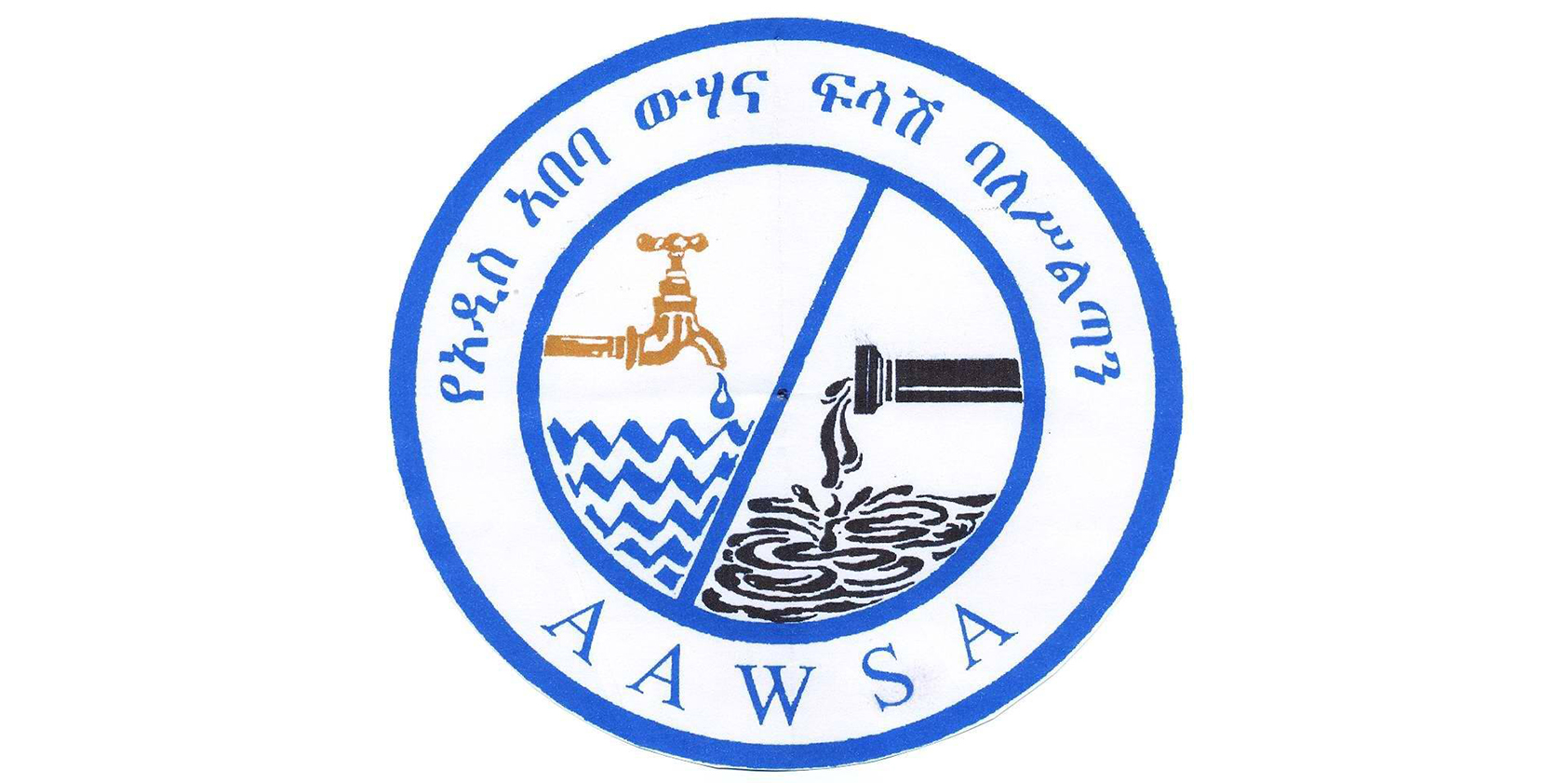After years of postponements, the much-anticipated construction of the Gerbi Drinking Water Dam project is officially scheduled to commence in the fiscal year 2018 Ethiopian Calendar (2025/26 Gregorian), according to information exclusively obtained by The Capital.
The Addis Ababa city administration has taken the bold step of funding the project independently, thereby overcoming previous hurdles related to loan delays from China Exim Bank, which had been in limbo since 2016. This decisive move clears the path for the long-awaited infrastructure development critical to the capital’s water supply.
The Gerbi Dam is a vital component of Addis Ababa’s water infrastructure system and is designed to produce over 73,000 cubic meters of water daily. According to earlier research, upon successful completion, the dam is expected to meet the city’s growing water demands for up to 20 years without disruption. Valued at approximately 3 billion birr, the project faced numerous challenges over the years, including the need for enhanced feasibility studies and the establishment of a new regulatory framework.
In December 2024, Addis Ababa Mayor Adanech Abiebie held crucial discussions with Chen Hai, China’s Ambassador to Ethiopia, alongside representatives from the CGCOC Group, the Chinese construction company assigned to the project. The meeting resulted in a renewed agreement on collaboration.
Mayor Adanech stated, “To support this project under the city administration’s budget, we will work closely with the Chinese Embassy and CGCOC. We have reached an agreement that will help us accelerate the construction process and respond effectively to the city’s water supply needs.”
The project, anticipated to span three to four years, will be administered under the supervision of the Addis Ababa Water and Sewerage Authority (AAWSA). Beyond the dam itself, the initiative includes the development of a filtration station and the installation of new water distribution pipelines, aimed at significantly improving residents’ access to safe drinking water. Officials have set an ambitious target to complete up to 20% of the project during the upcoming fiscal year.
Meanwhile, AAWSA has reported notable financial growth. In the 2024/25 fiscal year, the authority generated revenue exceeding 5 billion birr, with plans to increase this figure to 7.5 billion birr by the fiscal year 2018 EC. The agency’s forward-looking plans include the collection and treatment of 40.04 million cubic meters of wastewater, with 39.01 million cubic meters processed through existing pipelines and approximately 1.03 million cubic meters collected via vehicle transport.



